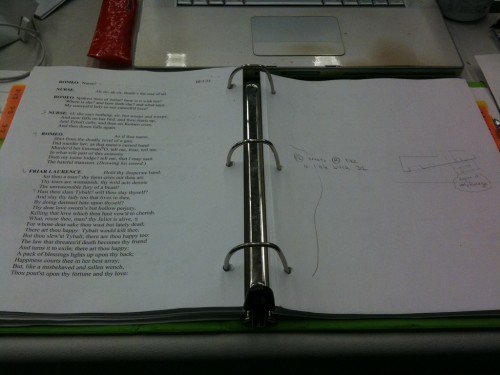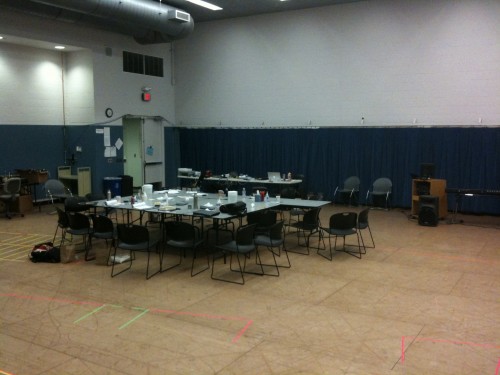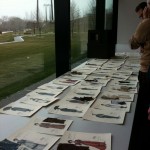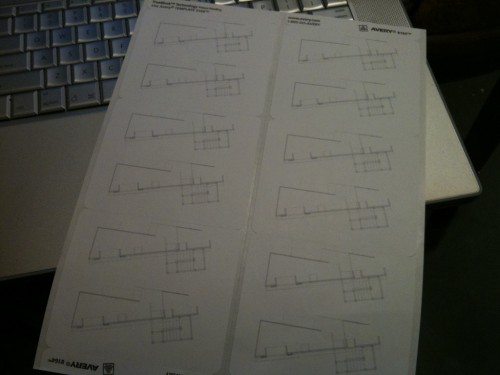Three
Three
Count ’em. Three posts today. I don’t want to hear any crap about some of them being after midnight. You know what I mean.
Well I figured it out. See, most of us here have been feeling a little under the weather. I keep going to bed early because I don’t feel so great. When I get up early, I get back in bed because I feel like my body just needs a little more time to rest.
Well I have unlocked the secret of how some people can blog so much. See I go grocery shopping with some people. And I know some people buy Mountain Dew by the case. I buy a once-daily supply of Monster drinks, but I try to limit myself to one right when I get up, and some coffee when necessary at work, but other than that I try to drink water. As a result, by bedtime, I’m ready for bed. I have been a caffeine addict of varying proportions, and have done my share of blogging, gaming and web coding sessions that last until 6AM. So tonight I thought about how I keep trying to blog and get sleepy, and then realized that getting sleepy at 10:30 is perfectly normal, and that if I drank caffeine at night it would be easy to stay up a few extra hours. So, having enough energy drinks in the fridge to last me till the next grocery run with a few spares, I cracked one open tonight.
Three posts. Fear my blogging stamina!
I could keep going, I just don’t want to tire you guys out with reading. Goodnight.








